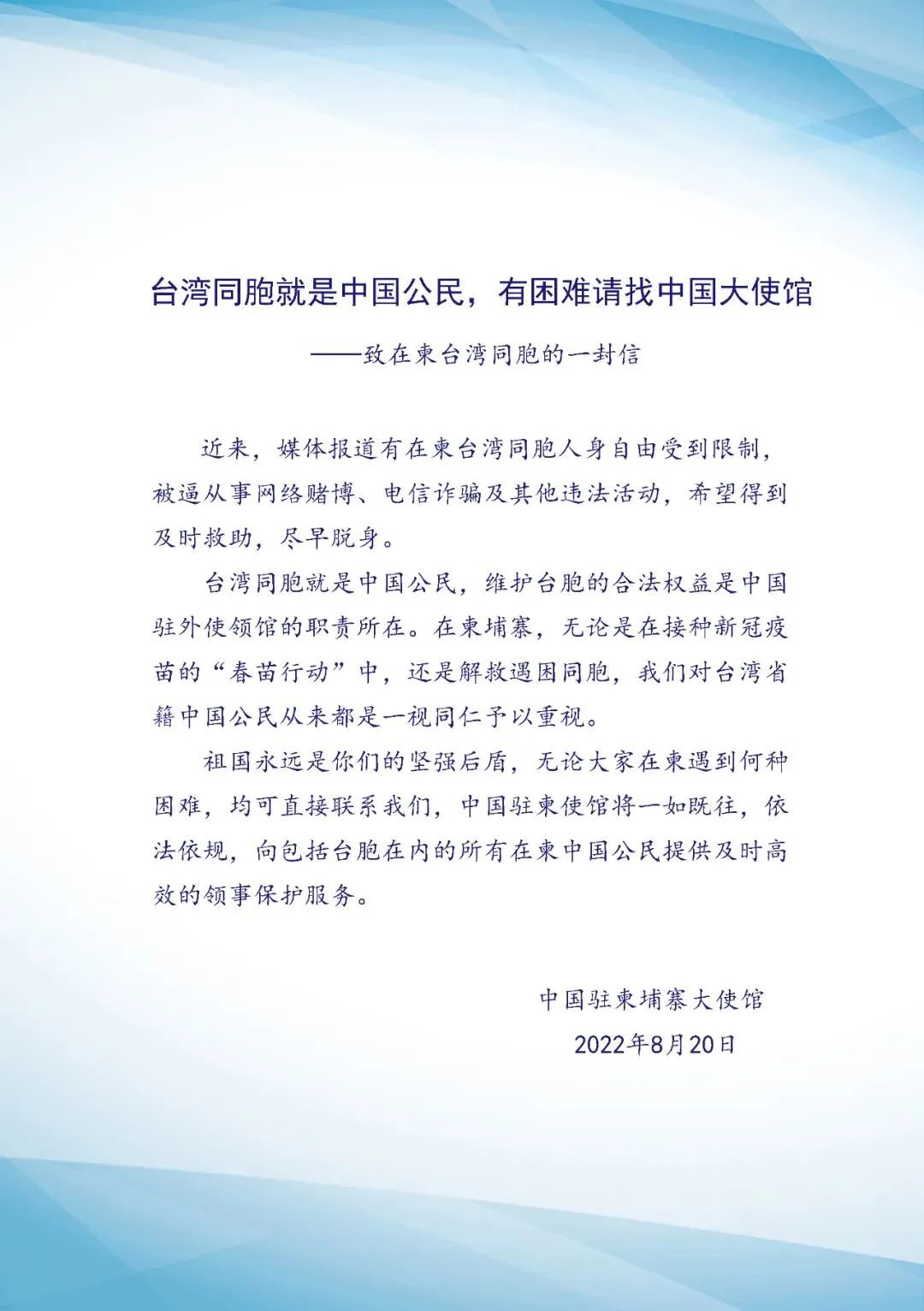Xi'an Daxing Hospital: The number of myopia women suddenly soared, but it is "brain"
Author:New Observation of Shaanxi Time:2022.09.05
Ms. Zhang, 38, found that the eyesight declined her eyes three years ago, thinking that it was caused by working in front of the computer for a long time, and she simply changed the pair of glasses. However, in the past 3 months, Ms. Zhang's eyes have dropped rapidly, and the degree has soared from more than 200 to more than 500 degrees.
Ms. Zhang, who knew it, went to the local hospital for examination and found that the original vision dropped rapidly, which was not a problem of myopia at all, but that she "had tumors in her mind."
Ms. Zhang felt that the situation was not good. After consulting in many parties, he found the director of Jia Dong, the neurosurgery of Xi'an Daxing Hospital. After detailed examination and evaluation after admission, Director Jia considered meningoma, and the symptoms of tumor compression were obvious.
On the morning of August 15th, Director Jia Dong, the leading physicians of He Gangxu and Lu Wenchao, assisted by Ms. Zhang to implement [intracranial occupancy lesions sinking].

During the operation, the tumor was found to be compressed to the nerves, the eyes of the eye, and surrounded the internal neck arteries. Director Jia carefully separated the tumor tissue, which lasted 5 hours, the tumor was completely removed, and the size was like red dates.

After surgery, the optic nerve was relieved, and Ms. Zhang's vision was gradually recovering. Fortunately, the pathological results of the tumor showed benign.
Director Jia Dong introduced that meningoma is a common primary tumor in the central nervous system. Most of them are benign tumors, and they grow slowly and long.
However, it is usually believed that the symptoms of craniocerebral lesions are headaches and dizziness. In fact, when the lesion invades different brain function areas, it can cause different symptoms. Decreasing vision is one of the symptoms of craniocereral cerebral lesions, and it is often ignored.
For vision damage caused by intracranial pathogens, surgery should be surgical as soon as possible. The smaller the tumor, the better the surgical effect, and the more ideal the vision recovery after surgery. If it is discovered, severe compression of the optic nerve, severe visual impairment or even blindness, and the possibility of postoperative vision recovery is very small, and it cannot even recover.
Director Jia Dong also reminds that in daily life, if the vision of unknown causes occurs, it is recommended to screen the skull CT or magnetic resonance in addition to the ophthalmology examination to avoid misdiagnosis and missed diagnosis.
Source: Professor Jia Dong workstation of Shenwai
Written: Li Xiaofan
Review: Lei Xiao
Responsible editor: Liu Shuhai
- END -
Saihanba deserted oasis, because these people's persistence

During August 8th and a week -long promoting the spirit of Saihanba · Green Devel...
The mainland assisted in Cambodia and Taiwan, and the Taiwan authorities were ...?Citizen

The Taiwan authorities have assisted the mainland to say three and four in Cambodi...